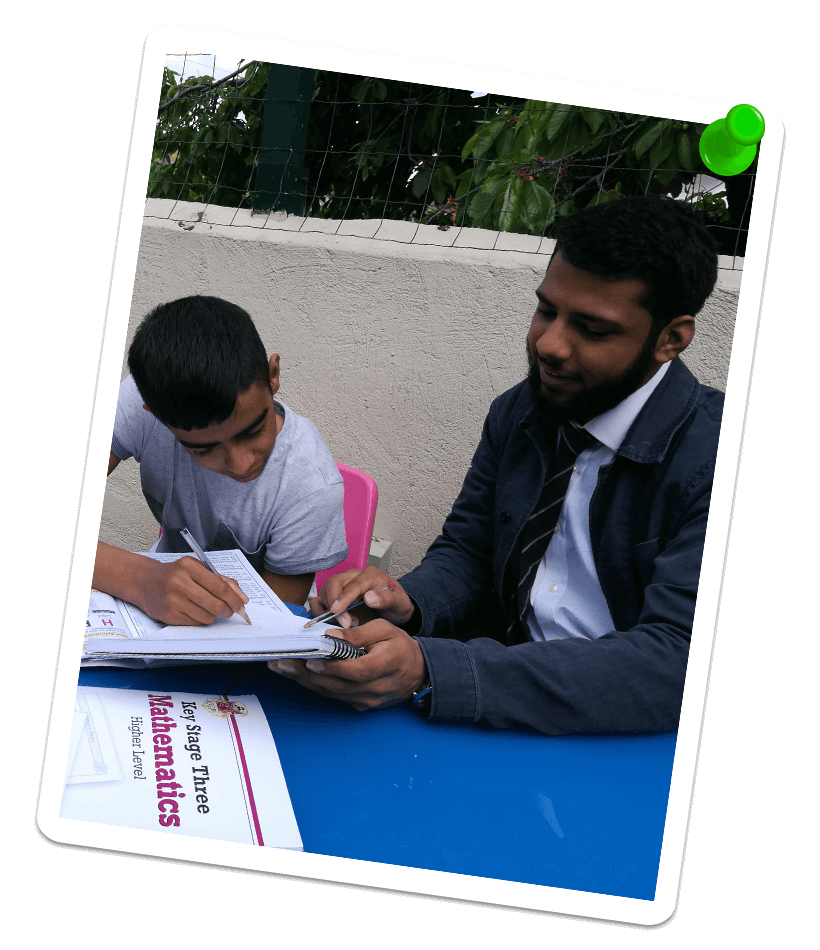Table of Contents
Week 1 | English Grammar
Day 4 |I am doing (present continuous)
Day 5 |Are you doing? (present continuous questions)
Day 6 |I do/work/like (present simple)(present continuous questions)
Week 2 | English Grammar
Day 1 |I don't... (present simple negative)
Day 2 |Do you...? (present simple questions)
Day 3 |I am doing (present continuous) I do (present simple)
Day 4 |I have... and I've got...
Day 6 |Worked/got/went etc (past simple)
Week 3 | English Grammar
Day 1 |I didn't... did you...? (past simple negative and questions)
Day 2 |I was doing (past continuous)
Day 3 |I was doing (past continuous) and I did (past simple)
Day 4 |I have done (present perfect 1)
Day 5 |I've just... I've already... I haven't...yet (present perfect 2)
Day 6 |Have you ever...? (present perfect 3)
Week 4| English Grammar
Day 1 |How long have you...? (present perfect 4)
Day 3 |I have done (present perfect) and I did (past)
Day 4 |Is done, was done (passive 1)
Day 5 |Is being done, has been done (passive 2)
Day 6 |Be/have/do in present and past tenses
Week 5| English Grammar
Day 1 |Regular and irregular verbs
Day 2 |What are you doing tomorrow?
Week 6| English Grammar
Day 2 |Must, mustn't, don't, need to
Day 6 |Do this! Don't do that! Let's do that
Week 7| English Grammar
Day 2 |There is... There are...
Day 3 |There was/were... There has/have been... There will be...
Day 6 |Have you? Are you? Don't you? etc
Week 8| English Grammar
Day 1 |Too/either/so am I/neither do I etc
Day 2 |Isn't/haven't/don't etc (negatives)
Day 3 |Do they? Is it? Have you?
Day 4 |Forming questions (who/what/why/where/when/which)
Day 5 |What...? Which...? How...?
Day 6 |How long does it take...?
Week 9| English Grammar
Day 1 |Do you know where...? I don't know what... etc
Day 2 |He/she said that... He/she told me that...
Day 3 |Work/working Go/going Do/doing
Day 4 |I want you to... I told you to...
Day 5 |I went to the shop to...
Day 6 |Go to... Go on... Go for... Go -ing... Get…
Week 10| English Grammar
Day 4 |I/me He/him They/them etc
Day 6 |Whose is this? It's mine/yours/hers etc
Week 11| English Grammar
Day 1 |Myself/yourself/themselves etc
Week 12| English Grammar
Day 2 |All/most/some/any/no/none etc
Week 13| English Grammar
Day 2 |If we go... if you see... etc
Day 3 |If I had... If we went... etc
Day 4 |A person who... A thing that/which (relative clauses 1)
ENGLISH – STORIES – STORY PLOTS – KS2
Learning Objective:To understand how stories are constructed and how to construct an interesting story plot.
Information
Each story you have ever read or heard has been planned beforehand and is based on a plot. A plot is a short summary of what the storyline is, so the author knows what will happen before he writes it. The plot lets you know about the main characters and the main events. They can be as detailed and as long as you like. Most plots take the mountain approach.

Examples & Explanations
Simple Story:
This sort of plot can be planned using the three-stage plot planner.

Complex Story:
For more complicated stories a five-stage plot planner can be used.

Alongside these series of events planning other events called sub-plots can take place. Smaller stories that take place within the bigger story.
Series of events are just things that happen. E.g Susy went to the shops. The plot is what makes the events interesting e.g why did Susy go to the shop?
Activity 1
There can be good plots and bad plots for stories. Good plots should be unique, interesting and different. Bad plots are boring, predictable and lacking excitement.

E.g a good plot would be: A prince goes to slay a dragon guarding a princess, the princess turns out to be a witch who turned the princes into the dragon. He kills the witch and marries the princess.
A bad plot would be: A prince finds a princess and marries her.
The bad plot is boring, predictable and lacking excitement. However, the good plot is interesting, unique and different – no one would expect the dragon to be the princess.
Below in the table are some characters. Write a good plot for them and a bad plot. An example is given for you.






Activity 2
A plot is a series of events. For example the plot or series of events in Snow White is:

- Snow White’s mother dies
- The King remarries
- The new Queen wants to be the most beautiful and has a magic mirror
- Snow White is too beautiful and the Queen wants her dead
- Snow White escapes and finds some dwarves in the forest

- The Queen visits and poisons her with an apple
- The dwarves find her “dead”
- A Prince comes and kisses Snow White bringing her back to life
- They get married and live happily ever after
- The Queen dies

Think of some stories you are familiar with, choose two different ones and write plot lines for them.
Story One:
Story Two:
Think of some stories you are familiar with, choose two different ones and write plot lines for them.
Activity 3
Now you understand what plots are and what good ones are think of a story you would like to write. Think of a series of events that can be linked together to make a plot line. Make sure it is interesting, exciting and unique. It can be as long as you want but it should contain at least 5 events. Remember to include a variety of settings and characters.
Activity 4
Using the series of events above to make you plotline have a go at writing part of your story! Choose two events and write that section of your story. Remember to vary characters and settings, include dialogue and interesting description.


